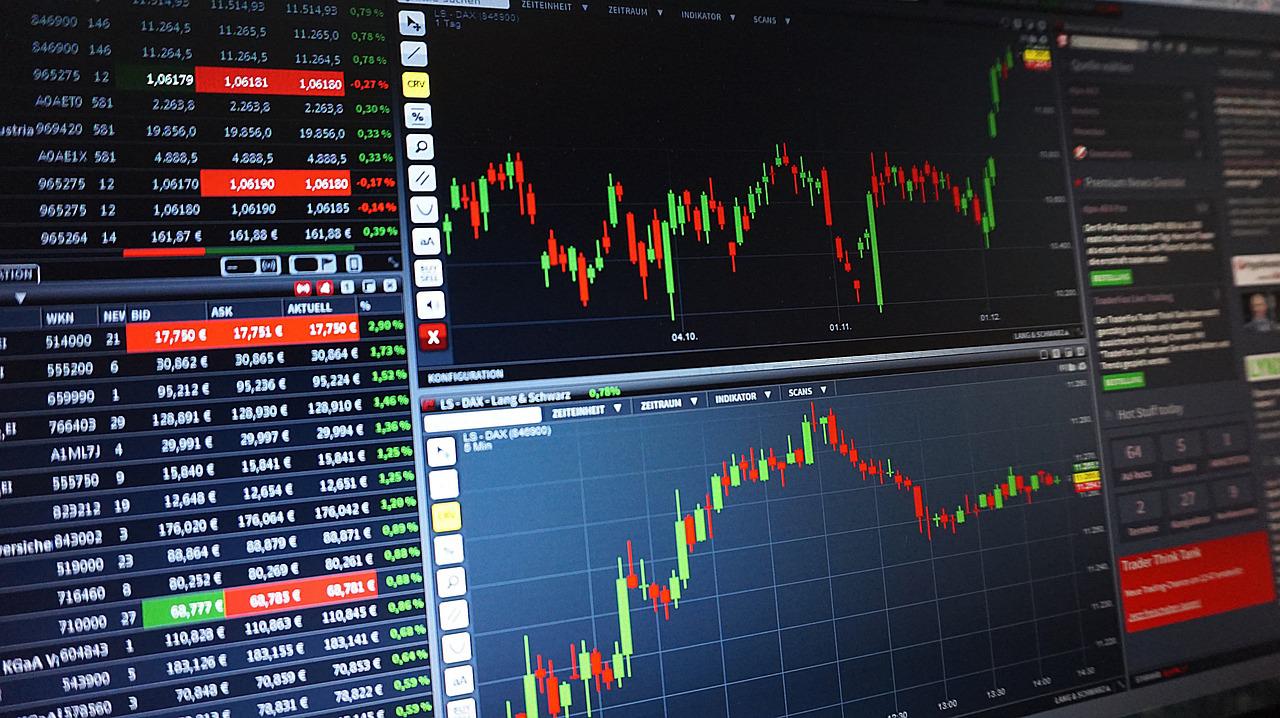Offline Crypto Wallets Are More Secure
An offline crypto wallet, also known as a cold storage, is not online.
It stores the private keys of the cryptocurrency addresses on a dedicated hardware device. The only way anyone can access this private key is to sign the transaction. This method of crypto storage greatly reduces the risk of attacks on the wallet. Unlike online wallets, offline wallets do not have an interface, but rely on encryption and backups to ensure the security of your private keys.
While hot wallets are convenient, they are not as secure as cold wallets.
While hackers can steal your cryptocurrency, they can only access it from the physical wallet. Therefore, cold wallets are the safest way to store and access cryptocurrency. Although they are more expensive, they can be worth the money if you plan on using your coins for a long time. These wallets are also more difficult to lose if your computer crashes or is stolen.
While most mobile devices and desktops are safer than offline wallets, there is still some risk involved. You should be careful not to boast about your crypto holdings online. Moreover, don't share your private keys on social media, as anyone can steal them. While storing cryptocurrency offline, always treat the device with care. If you have a smartphone, it's best to use a hardware wallet. However, this doesn't mean you have to sacrifice security. You can still access your private keys and recover your funds if you lose your wallet.
Desktop wallets are software packages created by a company, which you can download onto your computer. They are considered safer than online wallets because they don't connect to the internet. And because they don't connect to an exchange, they're not as vulnerable to malware attacks.
Desktop wallets also prevent hackers from accessing your private keys because they're stored on your computer. They also prevent hacks by preventing anyone from decrypting them.
Another good way to make crypto wallets more secure is to use hardware wallets.
This way, you can safely store your private keys offsite and continue to conduct online transactions. They combine the convenience of online wallets with the added security of offline storage. Hardware wallets include Ledger Nano and Xapo. You should also consider hardware wallets if you have an investment portfolio, as they offer the same benefits of online wallets.


